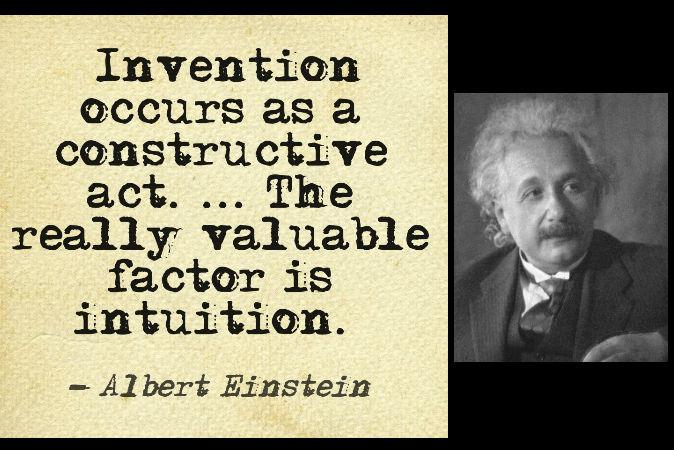Intuition can help people make decisions more quickly, accurately, and confidently, according to a study by researchers at the University of New South Wales, published in May in the journal Psychological Science.
The researchers defined intuition as occurring when, “non-conscious emotions ... bias concurrent non-emotional behavior.” When we make practical decisions, a non-conscious feeling or intuition guides us.
In the experiments, test subjects were shown dots moving around on half of a computer screen. The decision, or “non-emotional behavior,” they were asked to make was to say whether they thought the dots were moving more toward the left or the right.
To create a non-conscious emotional stimulus, the researchers flashed subliminal images. A colored square appeared briefly next to the dots. Sometimes it was just a colored square. Sometimes, an image flashed in it so quickly it could not be consciously perceived. The image was meant to elicit either a positive or negative emotion (it may have been a baby or a snake, for example).






